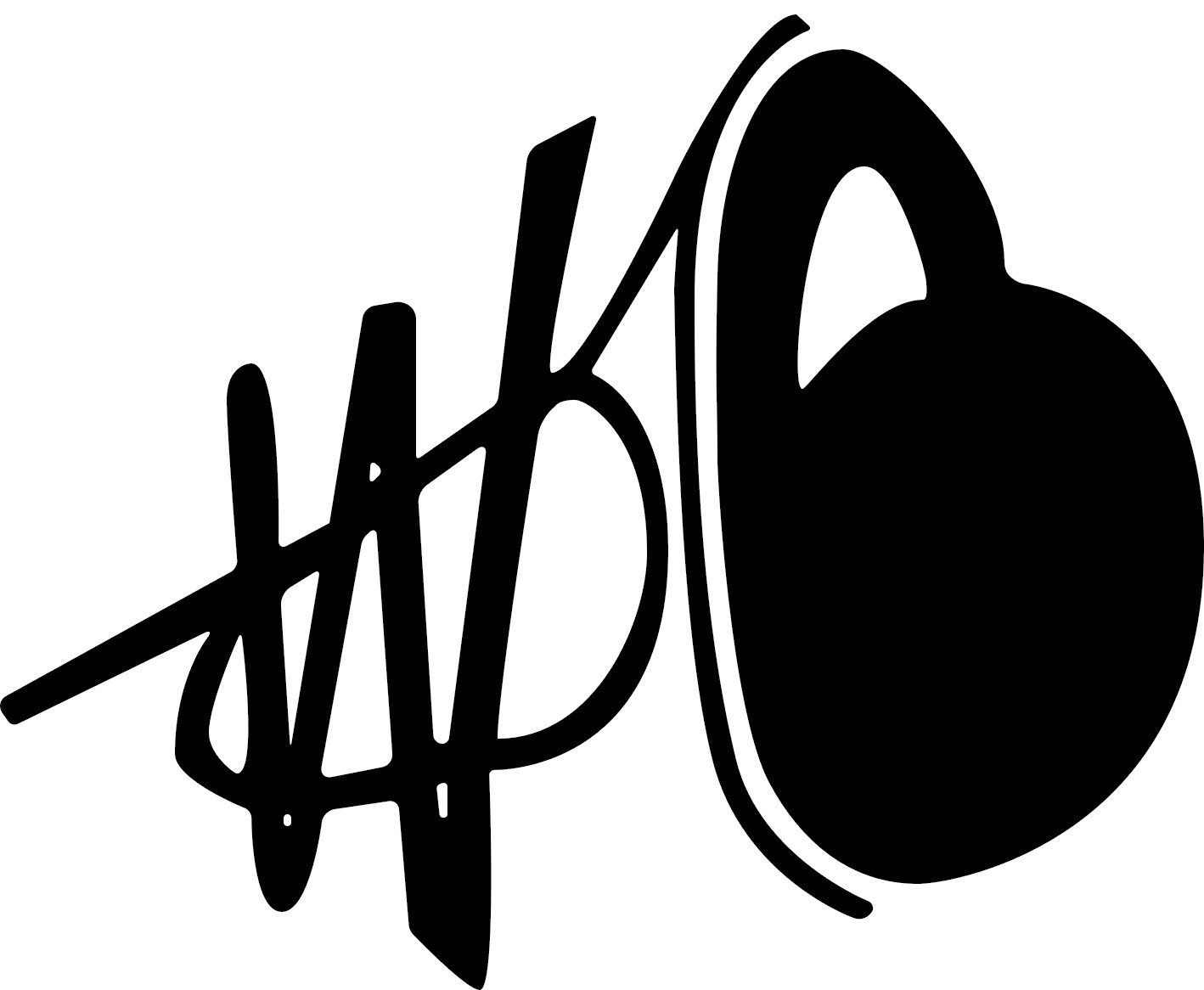integrity, pt 2
This just keeps coming up, so I'm going to hit it again: good work hinges on having integrity.
No matter how logically we allocate resources, create internal or external incentives, and game-plan adaptation schemes, the world is going to reveal conditions that are beyond our ability to account for. And while this is not to say that it's worthless to try, it forces us to be realistic with ourselves and each other: when everything else changes, what will not?
Before anything else, let's be clear about some definitions. For good work (success), I like to use Earl Nightengale's (thanks DJ, for the 700th time): "Success is the progressive realization of a worthy ideal," the key words being progressive and worthy.
As for integrity, I mean both that someone is consistent with their work, and that that work is virtuous. (Virtue is kind of murky, too, so I checked the American Heritage Dictionary: "1a. Moral excellence and righteousness; goodness."). I also like 'principle-directed' or 'ethical'. Habitry CEO Stevo shines the light on it in this way:
Evidence-based” means you are making decisions based on something more than your intuition. Based on more than personal anecdote or your own collection of cognitive biases (which we all have). “Evidence-based” means you are not just working to eliminate your own doubt, but the doubts of like-minded people in your profession, and outsiders looking in. It is not ethical a priori, but defendable. It means that if you are called before a jury of strangers, you could defend your decisions on what to did with a client under a cross-examination of your peers.
When it comes to ethics, I personally hold myself to a virtue standard rather than a defendable or “rule-based” standard. I care about looking in a mirror as much as a jury of my peers, but I consider “defendable” to be the lowest acceptable professional standard (pg. 159, We Make Communities).
There are really two things going on here. First, we consistently testing our own actions/ideas against some kind of standard, some selection of ethics or beliefs. Without paralyzing ourselves with constant analysis, we are considering the implications of our actions and checking their alignment with our own defining, identity-creating, values-expressing worldview. That process of repetitively checking ourselves is the daily work part.
The other part is related to what that framework actually looks like. What does it comprise of? How and why is it good? Where does it come from (parents? friends? religion?), and where is it going? Who are you becoming by subscribing to it, and how does that person effect the world? I like to ask these questions a few times of year, at the top of a beautiful mountain after a tough hike. They are questions that demand a view.
When these facets are united--when someone lives in alignment with an intentionally compassionate directive--they live with meaning. They live with virtue and integrity.
To be a great coach, where you are ostensibly leading others to their own meaning, you must have a whole bench full of tools (physical, emotional, etc.). You must be really good at noticing things, you must be intuitive about recommending action, and you must discerning about costs and benefits. You must be curious, and you must hold onto what that curiosity gives you (knowledge). But all of these pieces are variable, changeable.
The thing that is not variable, what cannot be changed or twisted, the irreducible part of the equation, is virtue. Which is just to say: helping other people must be compelling to you.
